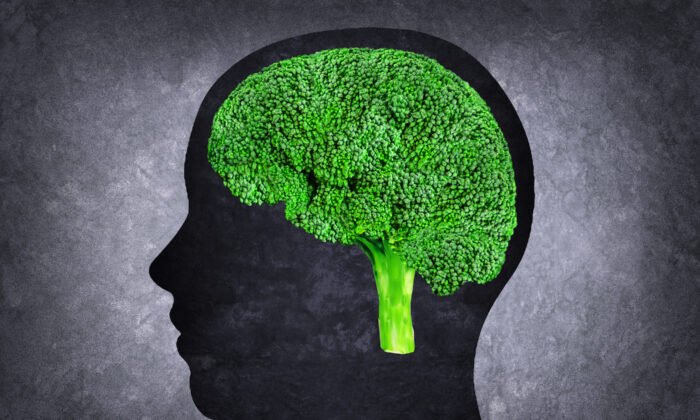Broccoli Compound May Aid in Dissolving Blood Clots and Preventing Stroke
Sulforaphane, a natural chemical found in broccoli and other cruciferous vegetables, has the potential to transform stroke treatment.
Researchers from the Heart Research Institute (HRI) in Australia have discovered that a common vegetable consumed daily by millions may have the ability to prevent and treat a leading cause of death globally.
Current Stroke Treatment
Every 40 seconds, an individual in the United States experiences a stroke. In 2021, strokes accounted for one in every six deaths attributable to cardiovascular disease.
HRI researchers have identified that sulforaphane, the natural compound in broccoli, could enhance tPA performance and lead to newer, safer, and more efficient stroke medications.
Sulforaphane’s Protective Properties
During an Australian radio interview, Mr. Liu shared that their research on broccoli and other cruciferous vegetables began by screening over 100 natural products from healthy diets to find a substance with properties that inhibit brain blood clots.
Mr. Liu’s previous work involved cancer prevention through diet. However, upon transitioning to the HRI, he chose to study sulforaphane from cruciferous vegetables and its potential to address blood clots in the circulatory system.
According to Mr. Liu, sulforaphane isn’t exclusive to broccoli. In the radio interview, he explained that cruciferous vegetables produce sulforaphane as a defense mechanism against insects or other threats.
Results and Next Steps
“Our preclinical trial revealed that tPA’s success rate rises to 60 percent [sic] when paired with broccoli-derived [sulforaphane],” shared Mr. Liu in an HRI interview. “Excitingly, this naturally occurring compound doesn’t show signs of bleeding, a common side effect of blood-thinning agents used in stroke treatment.”
Preclinical tests demonstrated that administering sulforaphane reduced blood clot formation while enhancing tPA actions. Initial tests also indicated that sulforaphane could delay stroke onset.
“Besides improving clot-busting medication performance post-stroke, the broccoli compound could serve as a preventive measure for high-risk stroke patients,” Mr. Liu stated.
Mr. Liu’s next phase involves raising funds for human clinical trials to develop a new preventive and anti-clotting treatment within five years. “Since this natural product has been utilized for cancer prevention previously, we have a solid rationale in terms of safety and other pharmacological aspects,” he noted in the radio interview.






